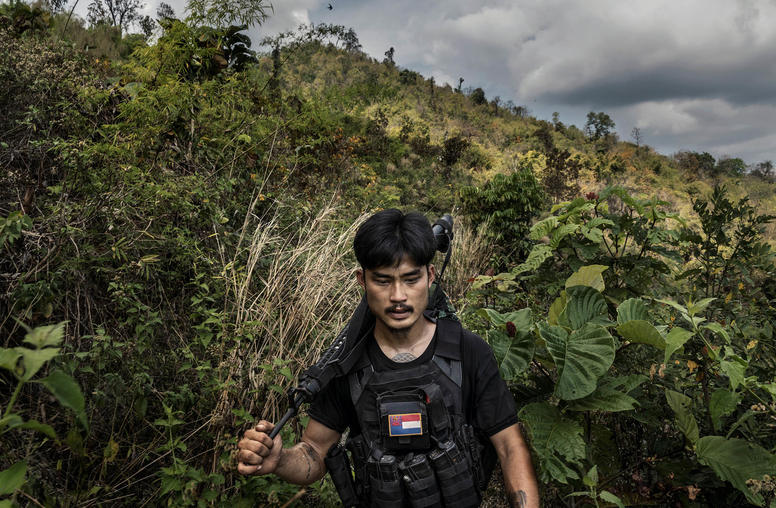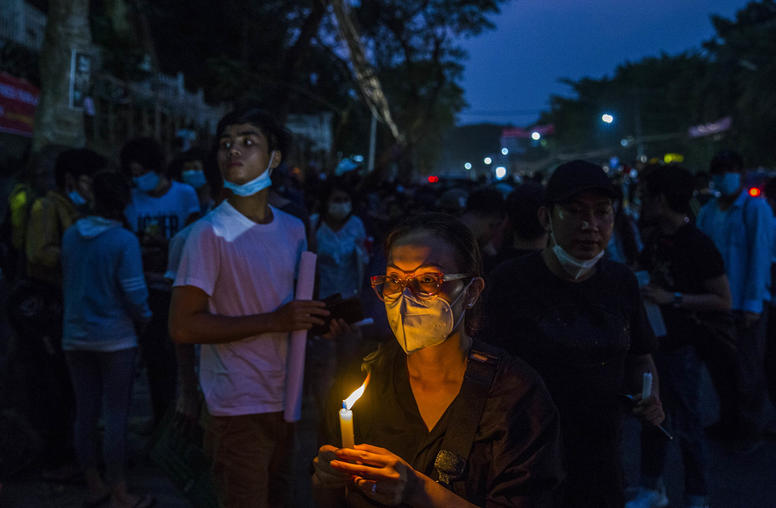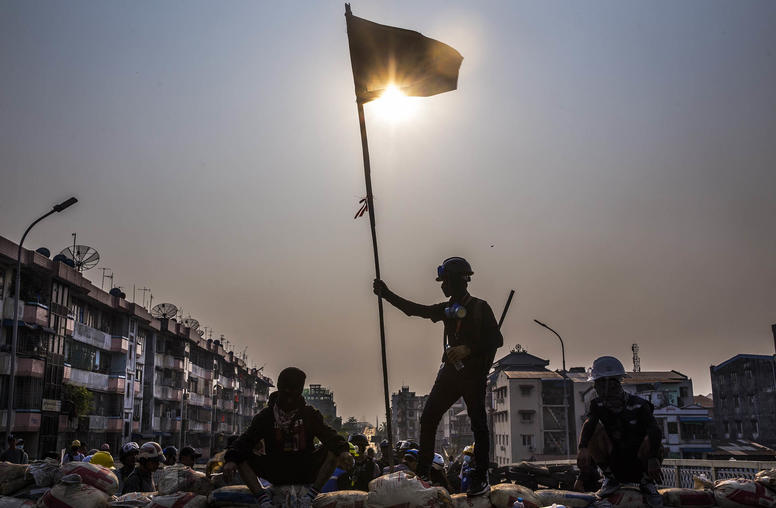Billy Ford
Contact
Please submit all media inquiries to interviews@usip.org or call 202.429.3869.
For all other inquiries, please call 202.457.1700
Billy Ford is a program officer for the Myanmar program at USIP.
Ford’s work at USIP focuses on governance and security policy, the demobilization and social integration of ex-combatants, religion and conflict, and program evaluation. He regularly writes and conducts briefings on conflict dynamics in Myanmar and pathways to sustainable peace. He also co-leads program monitoring and evaluation, including efforts to use experimental and quasi-experimental methods to measure the effect of USIP’s programs.
Prior to USIP, Ford spent two years in Myanmar as Freedom House’s first country representative, where he oversaw programs to support human rights defenders and think tank development. He spent time at The Asia Foundation, where he worked on municipal governance reform and led the production of the City Life Survey, which was one of Myanmar’s largest public perception surveys. He has also conducted research on land governance in Myanmar for the Tharti Myay Foundation and the Global Justice Center. In addition to spending two years in Myanmar, Ford lived for a year in Vietnam, where he studied Buddhism, and a year in Malaysia as a Fulbright Fellow.
Ford holds a master’s degree in public policy from the University of California, Berkeley and a bachelor’s degree in religious studies from Hamilton College.




